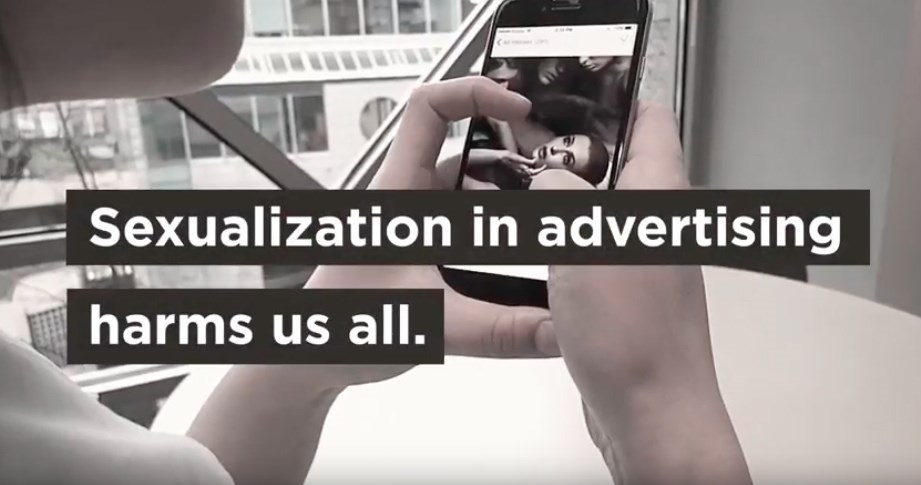 YWCA
YWCA
YWCA Metro Vancouver has launched an online tool to encourage the public to lodge complaints about harmful imagery in Canadian advertisements.
The media complaints toolkit allows the public to report ads that sexualize or objectify a person, promote rigid gender stereotypes and glorify violence directly to Advertising Standards Canada.
“Sexualization has been linked to increasing mental health issues among girls and young women. On a broader level, it contributes to the development of sexist attitudes, behaviours and the tolerance of violence against women,” says Chantelle Krish, director of communications and advocacy at YWCA Metro Vancouver.
Krish points to a 10-year study from the American Psychological Association that "linked sexualization to three of the most common mental health issues among young girls, which are eating disorders, body dissatisfaction and low self-esteem."
The media toolkit is part of YWCA's advocacy work towards gender equality and also raises awareness of the negative impacts that hypermasculinity has on men. Krish says men's health magazines often show a photo of a man with an unrealistic body image. Content aimed at male audiences generally "encourages dominance, aggression, and power. This doesn't align with a lot of values and beliefs that young men and boys aspire to have today."
"There's a disconnect between what boys are hearing about what it means to be a man and the actual ideas that they want to develop themselves about healthy masculinity. That includes being compassionate, expressing emotion and having healthy relationships," she says.
Ads can be in public spaces such as bus shelters or billboards, on television, radio, the internet or in a movie theatre. Anyone can snap a photo of the ad or write down the time and date it was shown and fill out a series of boxes on the YWCA website to make a complaint, which takes under seven minutes.
The YWCA often hears parents and educators say that they feel helpless and hopeless to stand up against the advertising industry but Krish explains that engaged citizens have contacted advertisers directly about problematic ads and made a difference.
The most recent example she highlights is the backlash over H&M's 'monkey' ad, which resulted in H&M withdrawing the children's hoodie from sale, apologizing and promising that it would "prevent this type of mistake from happening again."
The YWCA is also raising awareness of the systemic impacts of sexualization through the Culture Shift project, which is a three-year initiative funded by the federal government involving research, public education and engagement with business and community leaders across Metro Vancouver.
The organization's programs for boys and girls transitioning from grade seven to grade eight teach them about healthy relationships, positive body image, and media literacy. "They learn about where the ad comes from, who created it and for what purpose to develop an understanding of the forces behind the advertising," Krish says.


